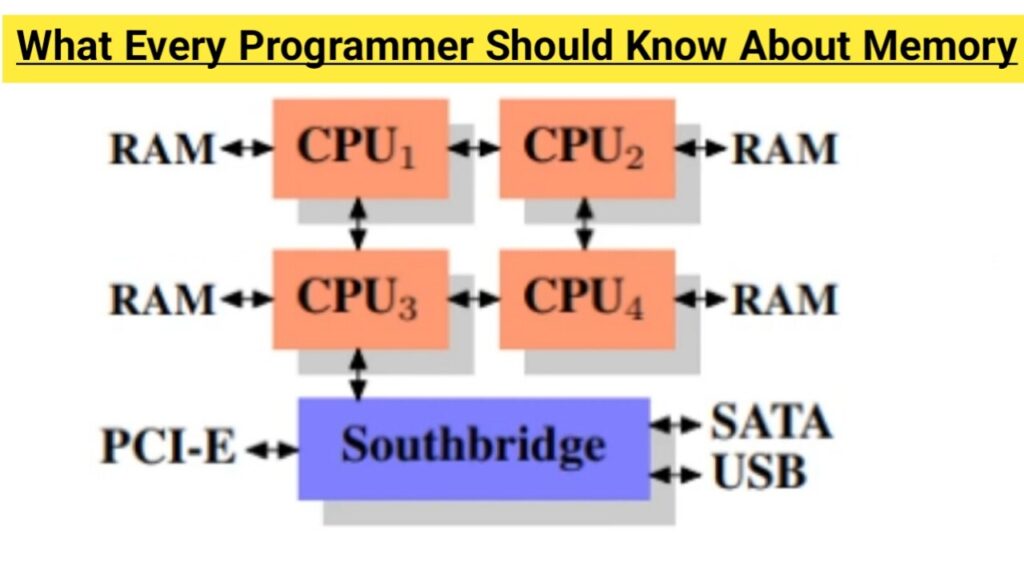What Every Programmer Should Know About Memory : Being a programmer means knowing about memory—it’s super important. Think of it as a hidden stage where all the cool stuff your code does happens. Let’s take a closer look at this idea and explain it in the easiest way possible.

What Every Programmer Should Know About Memory
What is Memory?
Imagine memory like a big storage room. It keeps everything your computer needs to work, like the programs and apps you use. This storage room is divided into lots of small boxes, and each box can hold one tiny piece of information.
Types of Memory
1.RAM (Random Access Memory):
Think of RAM as your computer’s quick notepad. It keeps things your computer is using right now, like a program you just opened or a browser tab. But here’s the catch—What Every Programmer Should Know About Memory is that RAM is like a chalkboard. If the power goes off, everything on it gets erased.
2.ROM (Read-Only Memory):
Think of ROM like a book that can’t be changed. It holds important instructions your computer needs to start up, like turning on the lights in a house. What Every Programmer Should Know About Memory is that this includes things like the BIOS, which helps your computer know what to do when it’s switched on. The best part? The information in ROM stays safe, even if the power goes off.
3.Secondary Storage:
Think of secondary storage like your computer’s big cupboard where it keeps things for a long time. This includes stuff like hard drives, SSDs (solid-state drives), and USB drives. The best part is, whatever you save here stays safe, even if the computer is turned off.
How Memory Works
When you open a program, your computer puts it in RAM (like a working desk). What Every Programmer Should Know About Memory is that the processor then picks up instructions and data from RAM, does the work, and puts the results back on the desk (RAM). If you want to keep the work for later, it’s saved in secondary storage (like a cupboard).
What is The Purpose of Dhupa Yantra
Memory Management
Good Memory management helps your programs run smoothly and quickly. Here are some important things to know:
1.Memory Allocation:
This is like setting aside a space for something you need. For example, giving a special spot in your room to keep your toys.
2.Memory Deallocation:
Once you’re done with that space, you clean it up and give it back, so someone else can use it. This keeps everything neat and helps your computer run better.
3.Memory Leaks:
This happens when you forget to clean up and give back the space after using it. What Every Programmer Should Know About Memory is that over time, this can take up too much room and slow things down, or even make your computer stop working.
Tips for Efficient Memory Usage
- Declare Variables Wisely: Only create spaces for things you really need, and make sure they are the right size.
- Release Unused Memory: When you’re done with something, clean up and free up the space for other uses.
- Optimize Data Structures: Pick the best way to store information based on what you need.
- Avoid Unnecessary Object Creation: Don’t keep making new things over and over, especially when repeating tasks.
- Use Garbage Collection (if available): If your programming language can clean up memory for you, let it do the job!
By learning these basic ideas, you can write better and faster code. Just remember, memory is limited, so be careful and use it smartly!

